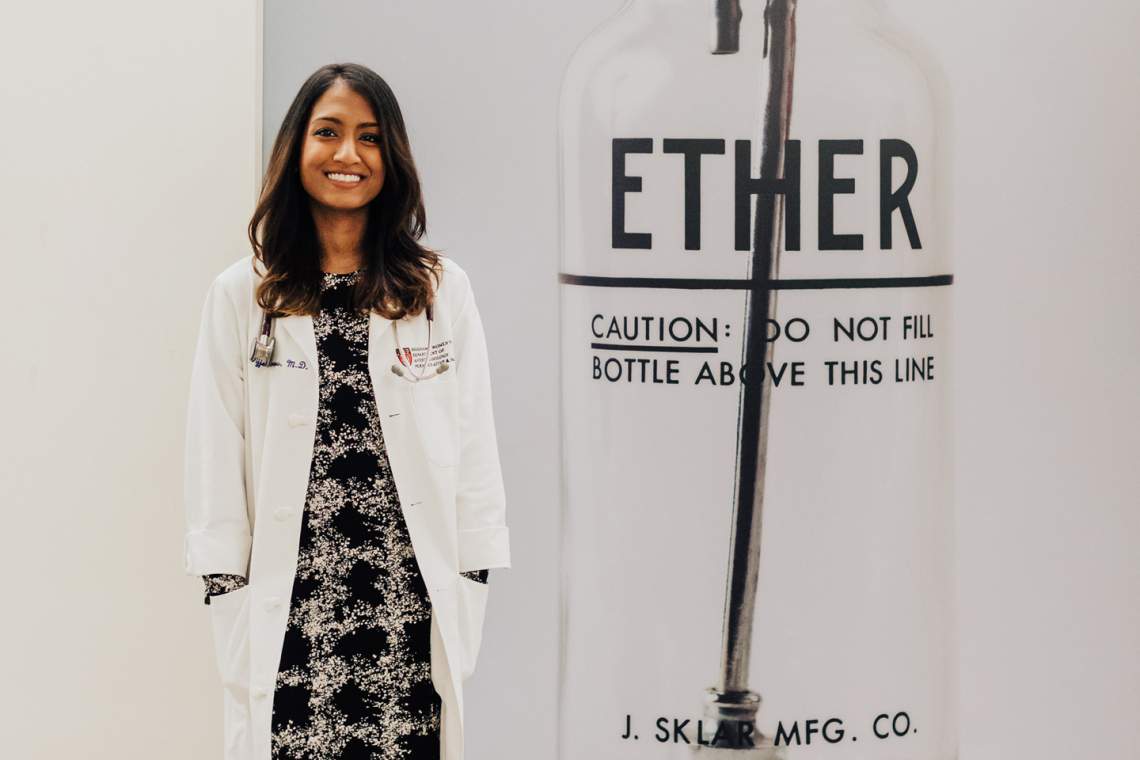There are plenty of interviews out there with entrepreneurs, creatives, and freelancers and articles filled with questions like: "How do you pick the right health insurance?" Then there are the countless blogs on healthy eating and wellness techniques. But what we don't talk about as much are the women you meet in those annual exams or hospital rooms, and the insane amount of work, drive, and passion they bring to medicine. Cue Alice Vijjeswarapu, Chief Resident in the Anesthesiology department at Brigham and Women’s Hospital and Harvard Medical School.
Medical school took Alice to a strange city where she worked 12-hour days and lived off student loans. Alice took Alice to the top of her field and specialty. "In an era when physicians are begrudgingly forced to spend the majority of their time in front of a computer, anesthesiology gave me the sensation of an old school doctor," she says. It's that human connection with her patients and her passion for working in medicine under pressure that set her apart from her contemporaries and peers.
Don't get us wrong: we love a good entrepreneur. But we owe our lives to a good doctor. Thank you, Alice.
Her Starting Point
Tell us a bit about where and how you grew up. Were you always interested in going into medicine?
I grew up in the suburbs of LA, which allowed me access to the unique experiences of a big city, like singing professionally for companies like Nickelodeon and Sony. I also enjoyed the comforts of a small quiet suburban neighborhood where I studied a lot and fell in love with math and science.
My parents came to the U.S. from India and joined my uncle who was a physician in a small town where he made a huge impact. With my uncle’s influence, I always felt inspired to go into medicine from a young age, but I definitely didn’t understand what that actually meant. I was lucky that, even though my parents came from a strict cultural background themselves, they were always very open-minded and supportive of anything I wanted to do growing up. I literally could have told them I wanted to join the circus, and they would have been thrilled!
You studied Biophysics at UCLA before going on to Boston University for your Doctor of Medicine. What drew you to UCLA and the Biophysics major specifically?
I developed my interest in physics from an incredible high school AP physics teacher (shout out to Ms. Jensvold!). Not many physicists become physicians, so I love that I am always able to bring a unique perspective to the table.
What was the hardest part about med school? What was the best? Did you ever consider doing something different?
Well, let’s start out by saying, medical school was HARD! It was harder than anyone could have ever prepared me for. I was by myself in a new city, living off of my student loans, studying for about 10 hours a day every day or seeing patients for about 8-12 hours a day, and then going home to study. There were definitely some dark times, but I was lucky to have my sister, parents, and newly found medical school friends to get me through. The absolute best things about medical school was realizing how much I learned in a relatively short amount of time and seeing my medical knowledge directly change lives.
When did you know you wanted your focus to be in Anesthesiology? What appealed to you about it?
I decided on anesthesiology during my third year of medical school. I was helping care for a patient that passed away unexpectedly, and I saw the truly heroic efforts of the anesthesiologists that tried to save him. In an era when physicians are begrudgingly forced to spend the majority of their time in front of a computer, anesthesiology gave me the sensation of an old school doctor: problem-solving in the moment, using technical skills directly on patients, and leading in crisis situations.

Her Big Break
As the Anesthesiology Chief Resident at Brigham and Woman’s Hospital, what does a typical day look like for you? What are the hours like, for example? Anything that might surprise us about your daily projects/tasks?
My day actually begins the night before when I look up my patients for the next day and get everything prepared for them. The next day, I wake up around 5:30am and head to hospital. From 6am to 5pm it’s basically go-go-go, taking care of patients in the operating room and keeping them alive while they undergo invasive surgeries and critical procedures. 5pm onwards depends on the day. Some days I finish my cases around 5, and others I stay in the hospital overnight for emergency cases.
As Chief Resident, I spend my time outside of the operating room on administrative tasks. I have about 1-3 meetings a week, handle any issues that arise with the residents, and work on big picture projects like residency improvement and recruitment. Keeping a busy social calendar to foster resident morale is also a big part of my job. Our residents work close to 65 hours a week on top of the studying, and with that workload, it’s important to create a supportive and fun environment.
What’s your best piece of “real talk” advice for a woman who wants to go into medicine? (i.e. something you learned first-hand that they haven’t heard before.)
The experience of being a woman physician has improved dramatically over the past several decades, and I have my predecessors to thank for paving the way for me. In my experience, the physician community has a positive and inclusive attitude toward female physicians. Compared to my male counterparts, though, I definitely struggle to get egalitarian treatment from non-physician providers like ancillary staff, nurses, and others. This is a seldom talked about culture that I hope will improve as more women join the physician workforce.
Also, real talk: medicine can present a significant obstacle for young women with respect to other traditional milestones, such as marriage, childbearing, house ownership, etc. This is due to the marked financial and time commitments that physician medical training demands. Many women are able to live a balanced life in this regard, but it is undoubtedly more difficult.
Have you made any mistakes in your career? What did you learn from those moments?
I often wonder if I should have taken time off before going to medical school. Although I will never know what I missed out on by not exploring other interests, I’m glad that I went straight through so that I can finally get started on my life!
They say medicine is a calling more than a profession. Do you feel that way? What’s the most fulfilling part about what you do?
Absolutely. Many people think that anesthesiology is a profession that just puts you to sleep, but really there is so much more than that! In our eyes, every surgery is a crisis waiting to happen, and we vigilantly make sure that patients make it through the riskiest to the most routine procedures comfortably and safely. We take care of patients in their most vulnerable moments, when they cannot speak up for themselves. We are with our patients for every heartbeat and every breath. It is truly, in my humble opinion, the most rewarding job in the world.

Her Perspective
Working in a hospital is a pretty high-stress job (to say the least). What do you do to offset the long hours and pressure?
Talking about what I do in my little time off is my favorite thing! First of all, I try to work out at least 4-5 times a week. Whether I head out to a yoga class or go for a run along the Charles River, I find that there is no better way to clear my head. It’s my time to leave my phone at home and really just decompress from the day. I also love to travel. I try to spend my time off in another country if I can.
How do you judge/assess your success? What have been some of your biggest successes so far?
I judge my success in daily and long-term accomplishments. Every time that I am able to take an extremely sick patient safely through a risky procedure, I feel accomplished and successful. Outside of those daily successes, I feel that being selected by my superiors and peers in our Anesthesiology Department to lead as Chief Resident has been one of my greatest accomplishments thus far. I am especially proud to have gotten through the year while carrying the same workload as my co-residents and completing meaningful published research.
What’s your best tip for multitasking on the job?
Time management is everything! A rule of thumb I use is anything that can be handled in less than 1 minute should be done immediately. Organizational technology is amazing. The other chiefs and I used apps like WunderList, Couple, Google Drive, and others to stay organized. Also, your smart phone is your best friend and your worst enemy.
And finally, what do you wake up looking forward to? What’s next for your career?
Next in my career, I will be starting a Chronic Pain Management fellowship. That’s right—one more year of training! I am looking forward to extending my knowledge of physiology and pharmacology as well as my technical skills beyond the operating room and into my patients’ day-to-day lives. Also, I hope to contribute to the field of chronic pain in the setting of the ongoing opioid crisis on the community level.
You May Also Like
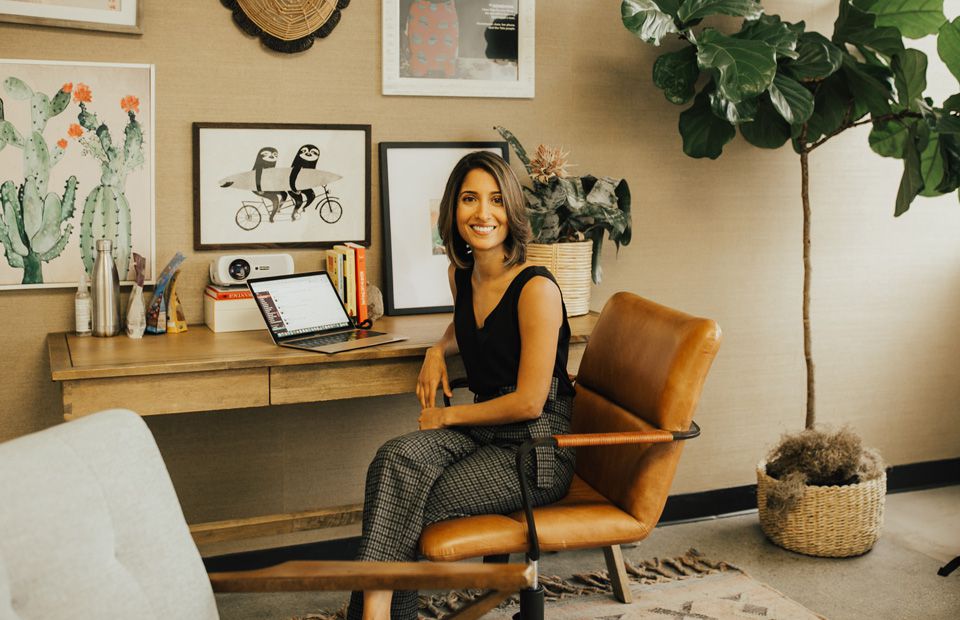
Technology
A Tech Founder on Why Being an Outsider Is a Strength
"I actually think most successful founders are rebels, of a sort. We’re trying to do new things and take on entrenched systems or ways of thinking. What makes me and our company different is that we’re outsiders."
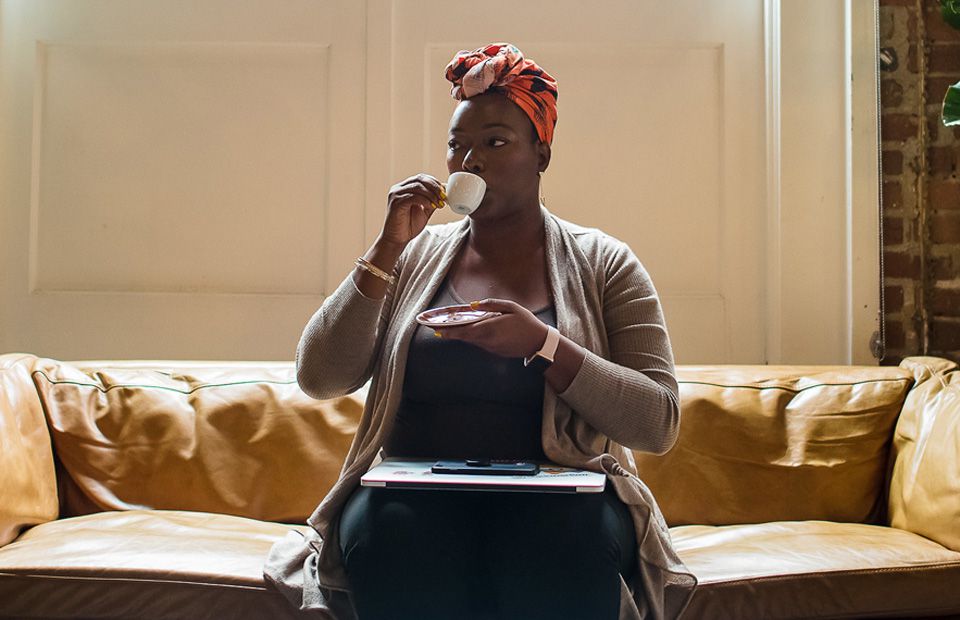
Technology
Omoju Miller—Tech Veteran, Leader, and Volunteer Advisor to the Obama Administration—on The Crucial Role of Creativity in the Tech Industry
"If you are in an environment where you feel marginalized, leave. Don’t try to change it. Go and look for a place that sees you and lets you be you."
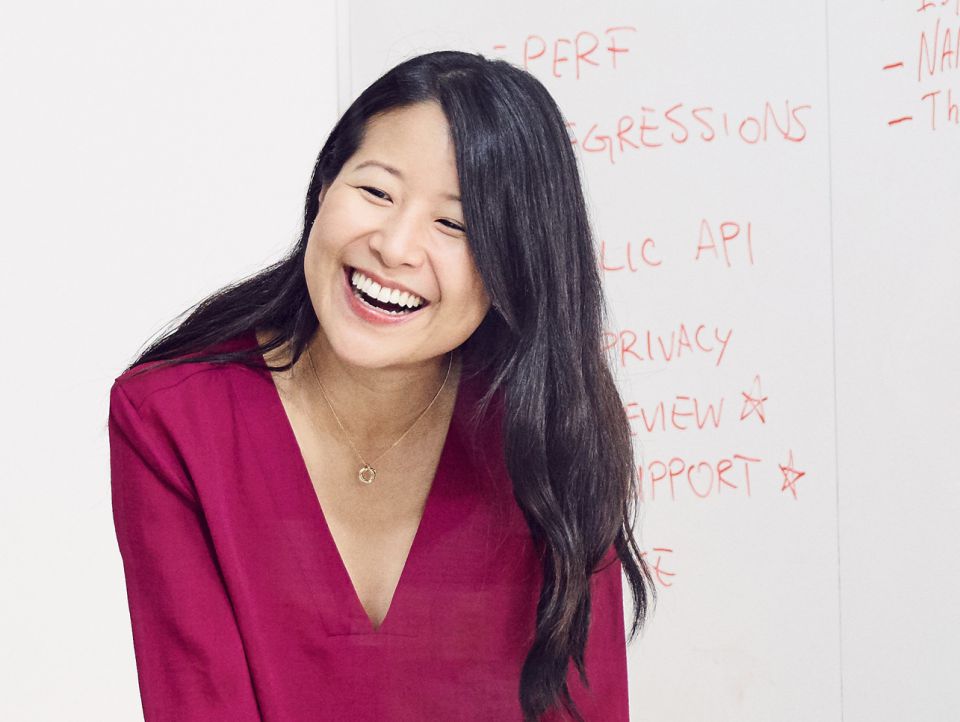
Technology
Sharing Stories as a Software Engineer
We sat down with Apple software engineer Emilie to learn about her day-to-day working at Apple along with what it takes to run the perfect meeting and her favorite ways to unwind.
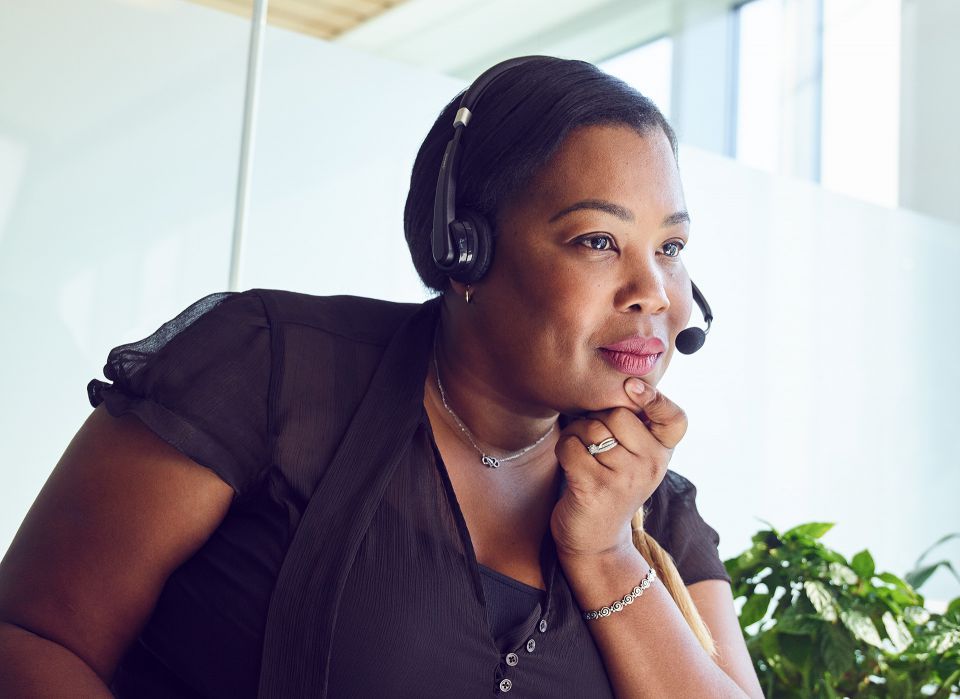
Technology
Creating Impact with Apple
We sat down with Apple's Senior Developer Partner Relations Advisor, Cris, to learn about what it takes to create a lasting impact within a large company. She shares a typical day in the life, her favorite book recommendations, and her top four tips to running a meeting.
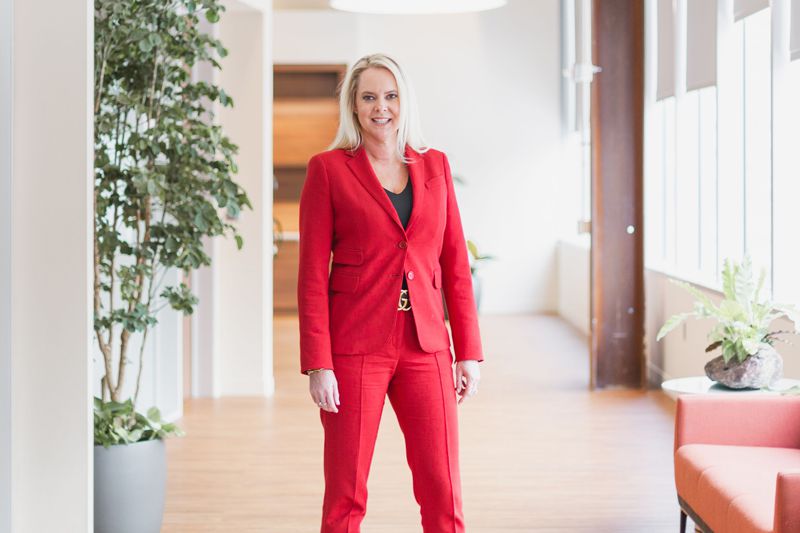
Technology
Salesforce’s Senior Vice President of Sales on Unconscious Bias, Failure, and Innovative Leadership
"Do not be afraid to fail, just bring your best self to the table."
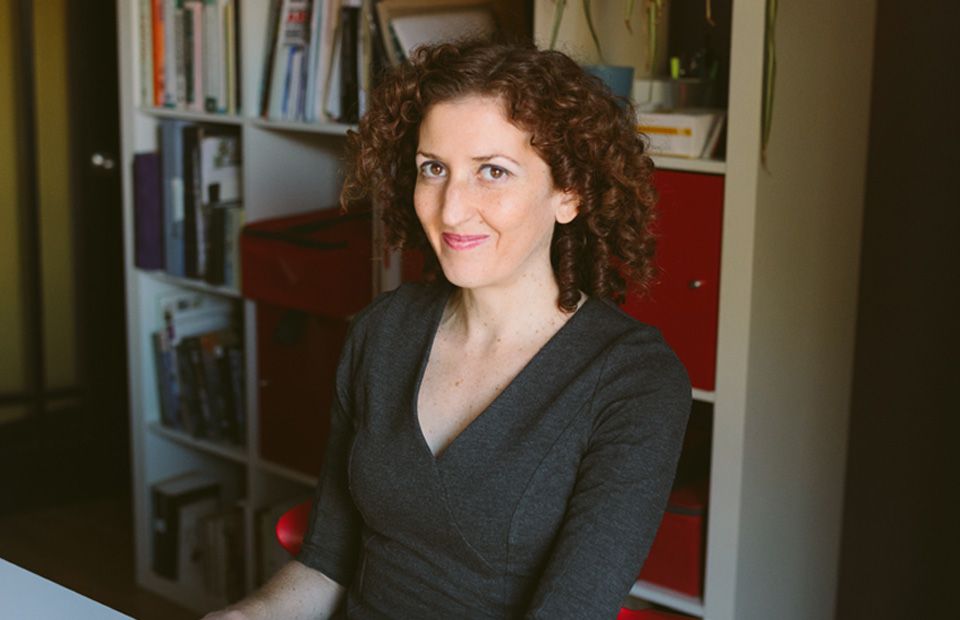
Technology
A Director of Engineering on Tech + Leadership
"I don’t believe in 'having it all'. If you spend more time on one thing, then you spend less time on another thing. All we can do is make choices on how to spend our time."
Get the Best Career Advice Delivered To Your Inbox
Join our newsletter to stay in the loop.
